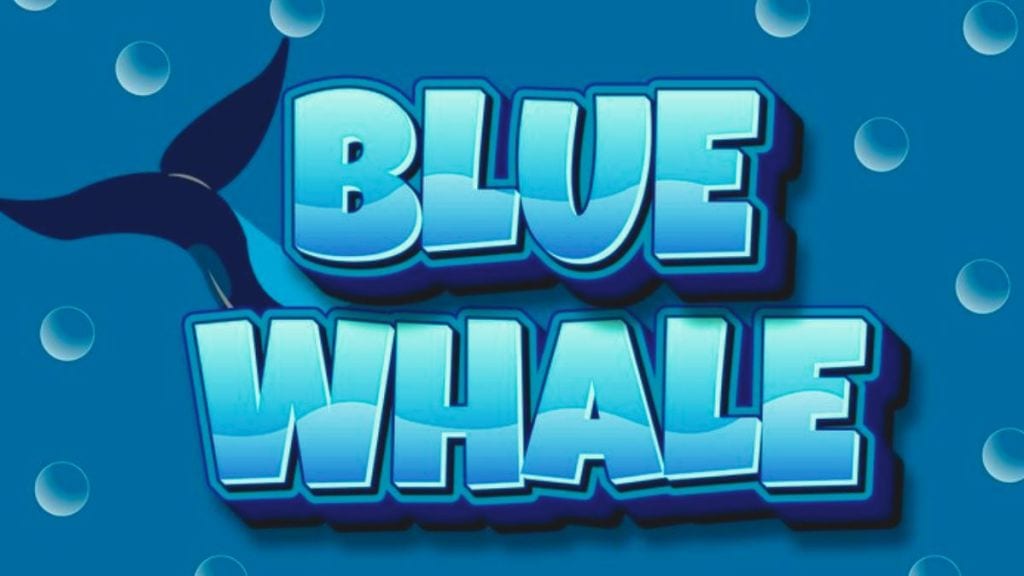Have you ever thought a mobile game could challenge you to attempt suicide? Or what if mobile games could take your life? Here comes the ‘Blue Whale Challenge’, an online game associated with dangerous dares and stunts. Reportedly, a first-year Indian student at the University of Massachusetts was found dead, allegedly by suicide, in March. The 20-year-old student, whose identity has been withheld at his family’s request, was found dead on March 8. However, experts are connecting the death with the ‘Blue Whale Challenge,’ which has early records of taking young lives.
The ‘Blue whale challenge’ is a social network phenomenon which started back in 2016, with roots being in Russia. It is a ‘game’ reportedly including a series of tasks assigned to players by administrators over a 50-day period. The initial phases usually include introduction to elements of self-harm and the final challenge manipulates the player to kill themselves.
The Whale in the ‘Blue Whale Challenge?’
Experts believe that while the game itself may not be illegal, the actions it encourages, such as self-harm and suicide, are undoubtedly criminal. The student, a first-year at the University of Massachusetts, was reportedly engaged in the game, which included completing escalating challenges over a 50-day period, practicing in self-harm and suicide tasks.
“The gadget addiction among children in India as of September 2023, the majority of urban parents stated their children showed signs of aggression and impatience due to excessive use of social media, OTT, and online games,” as per insights from Statista. Industry experts believe that the game can also slow kill students with side effects such as mental trauma or other mental health issues.
From what is understood the ‘Blue Whale Challenge’ needs to include legal, technological, and societal interventions. Law enforcement agencies must collaborate with internet service providers and social media platforms to identify and remove content related to the ‘Blue Whale Challenge’.
Diving into the deep!
Initially the impact seems to surface over the US, however what if it finds its way in India? Looking at an Indian law perspective the encouragement of suicide is an criminal offense punishable under Section 306 of the Indian Penal Code (IPC), which deals with abetment to suicide. “Additionally, Section 309 of the IPC criminalises attempted suicide, although there have been ongoing debates regarding the decriminalisation of this provision due to its implications for mental health treatment,” Siddharth Chandrashekhar, advocate and counsel, Bombay High Court, explained.
The dissemination of harmful content that promotes self-harm or suicide is expected to violate various provisions of the Information Technology Act, 2000, particularly those related to online harassment and incitement to violence. Furthermore, efforts should be made to educate the public, particularly children and adolescents, about the dangers of online games manipulation and the importance of seeking help if they come across such content or thoughts.
Follow FE Tech Bytes on Twitter, Instagram, LinkedIn, Facebook








